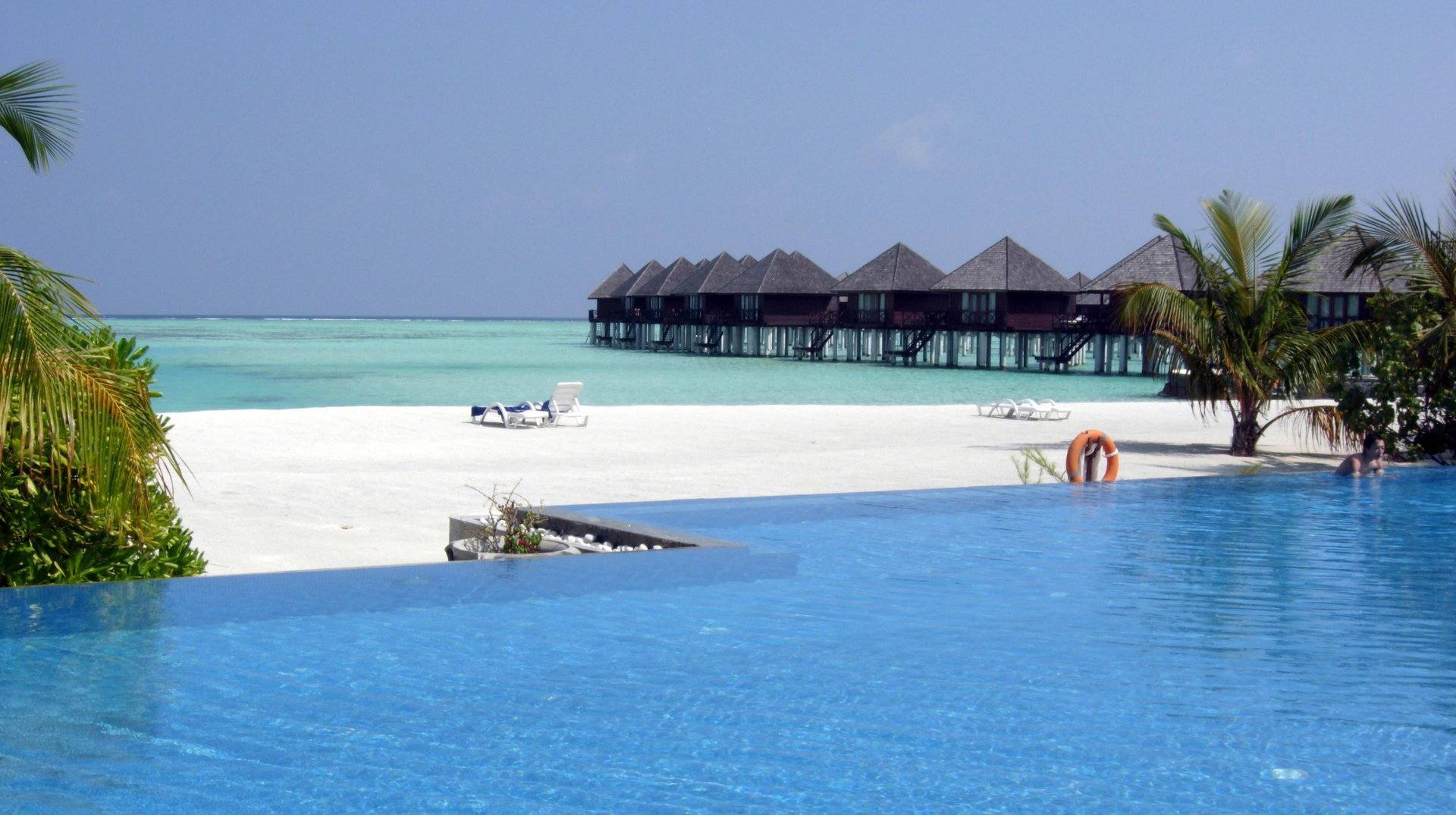Rising tension between India and the Maldives is spilling out into beach vacation plans
Travel site EaseMyTrip is no longer letting Indians book flights to the Maldives

A growing diplomatic rift between India and its closest neighbor, the Maldives, could change how Indian beach-lovers travel in 2024.
Suggested Reading
When Indian prime minister Narendra Modi recently visited Lakshadweep—the archipelago of 36 islands that’s his country’s smallest union territory—as an alternative to the Maldives, a handful of Maldivian ministers mocked his trip, making “anti-India” comments about uncleanliness, smelly rooms, and open defecation.
Related Content
“#BoycottMaldives” quickly gained traction on social media, with Indian tourists posting about canceling their already-booked trips to the island nation.
Today (Jan. 8), an Indian travel website removed the option to book trips to the Maldives. “In support of our nation, @EaseMyTrip has suspended all Maldives flight bookings,” co-founder and CEO Nishant Pitti posted on X.
EaseMyTrip’s decision isn’t wide-reaching, given that the platform captures just 8.1% of the Indian online travel agent market. But it could have a ripple effect. Already, there are calls for leader MakeMyTrip, which commands more than half of the market, and others to follow suit.
One big number: Indian tourists in the Maldives
209,198: Indians—the largest source of tourists to the Maldives—who visited the cluster of thousand-plus islands, located southwest of Sri Lanka and India, in 2022. The Maldives welcomed nearly 1.8 million visitors that year.
Place of interest: Lakshadweep
As tensions built between the two countries, a host of Bollywood celebrities—Akshay Kumar, John Abraham, Shraddha Kapoor, Salman Khan, and Kartik Aaryan—promoted Lakshadweep. Cricketers like Sachin Tendulkar and Hardik Pandya also came out to bat for the cause.
“Water & beaches of Lakshadweep are as good as Maldives/Seychelles, EaseMyTrip CEO Pitti posted on Jan. 4, along with a photo of Modi relaxing on the coast of Lakshadweep. Pitti added that the booking site will “come up with crazy special-offers” to promote the Indian island where the prime minister was seen walking on white sand and snorkelling.
All of this attention has made “Lakshadweep” a top search term. But is the region ready to handle an influx of tourists? Last year, Lakshadweep welcomed a million foreign tourists and around 22,000 domestic visitors. Its islands cover a total area of 32 square kilometers. The Maldives is almost 10 times bigger, at 300 square kilometers.
Quotable: Lakshadweep’s tourism potential
“[Lakshadweep] will be a tourist destination in the coming times. There has to be an airport; the government is working on it. There is connectivity from Kerala but air connectivity is required. There is no need to go to New Zealand or Switzerland. Everything is in Lakshadweep. People themselves have to become ambassadors.”
—Indian tourism minister G Kishan Reddy
One more thing: Is the Maldives government becoming pro-China?
Yesterday, the Maldives fired three ministers for making derogatory remarks about India, saying their views are “personal” and not representative of the government’s. But those oustings aren’t an image-fixer because the comments seem aligned with new president Mohamed Muizzu’s ideology. When Muizzu won the election in November, he pledged to alter the country’s “India first” policy, promising to remove Indian soldiers from Maldivian soil.
Today, Muizzu begins his first bilateral visit to China since taking office. (He briefly met Modi on the sidelines of the COP28 climate change conference in Dubai last month.) This apparent coziness with Beijing could exacerbate the rift with Delhi.
Several former Maldivian leaders have condemned the deteriorating relations with India. The possible loss of Indian tourism is a key reason for salvaging relations—but it’s not the only one. India has been a strategic ally that has helped the island nation in multiple ways, from thwarting a coup attempt in the late 1980s to providing measles vaccines in the early 2000s to giving financial assistance during the covid-19 outbreak two years ago.
